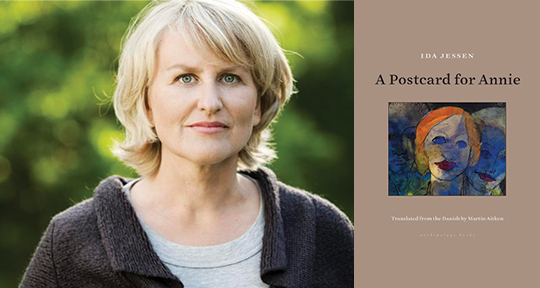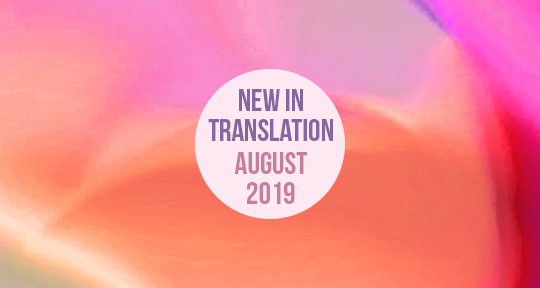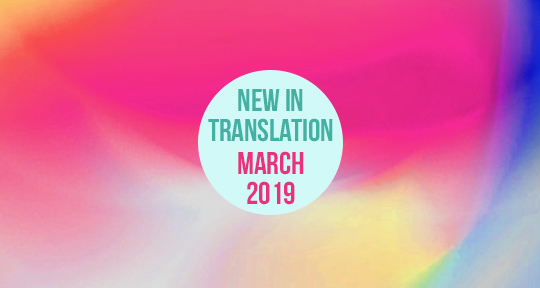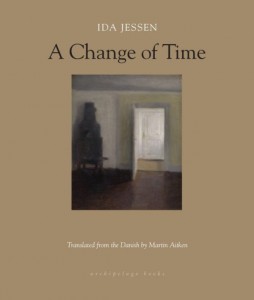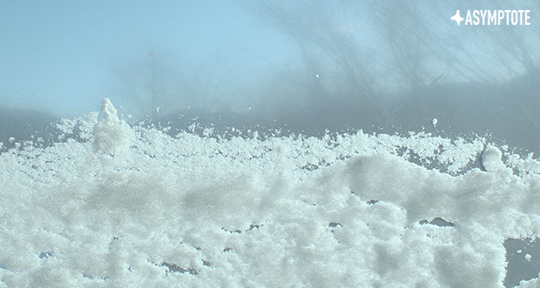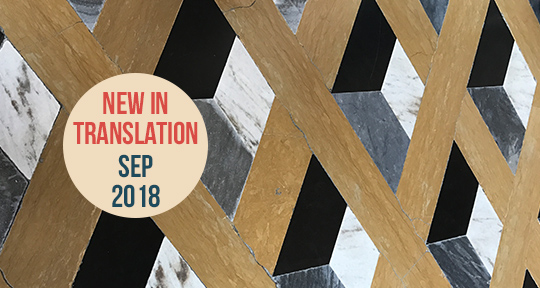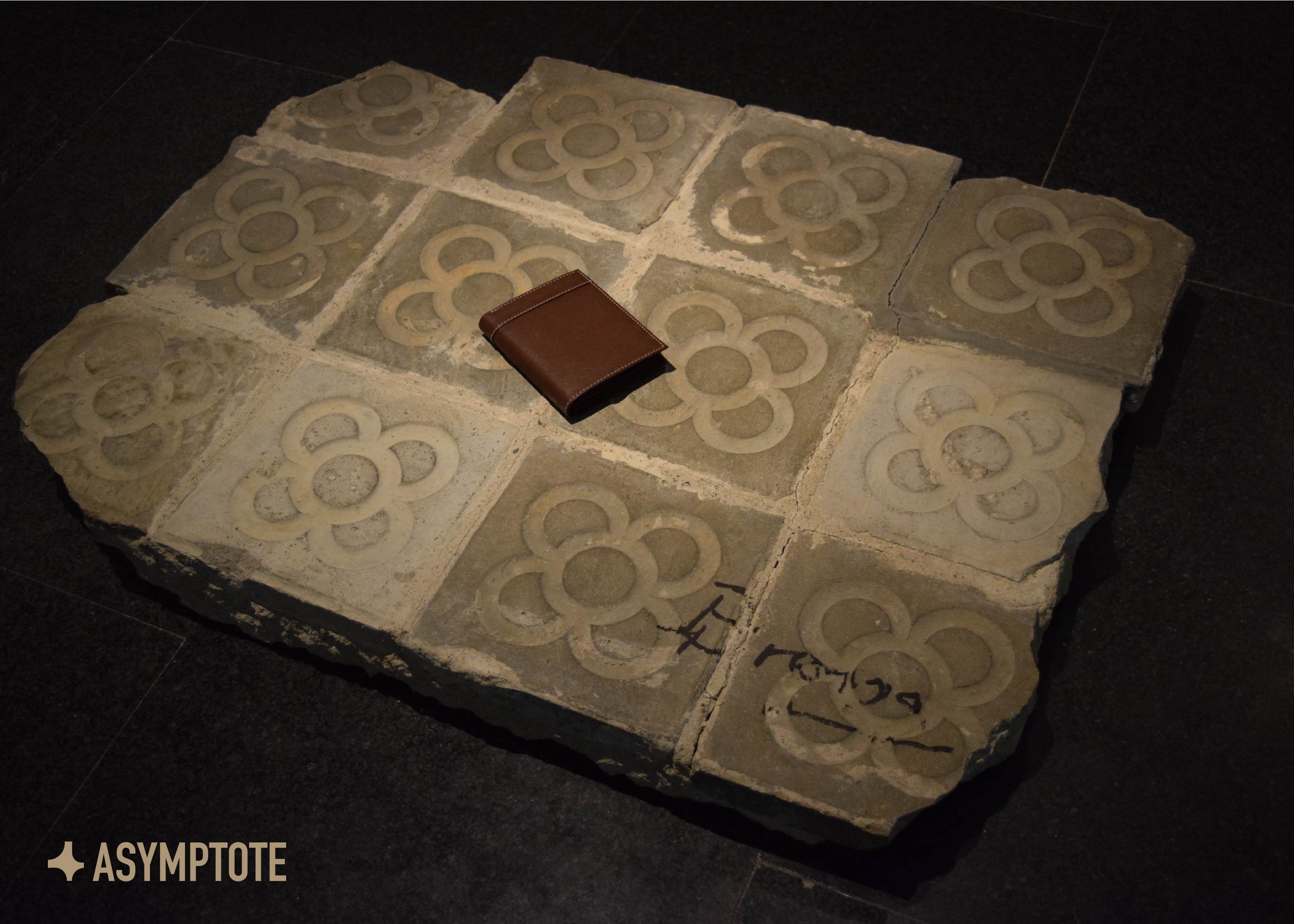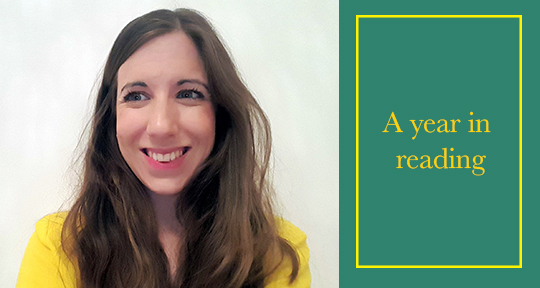A Postcard for Annie by Ida Jessen, translated from the Danish by Martin Aitken, Archipelago Books, 2022
Where did it come from, this hope of hers? From him. Her hope came from him. Without him she was shapeless. She would never be able to explain it to anyone, not even to herself.
A Postcard for Annie, Ida Jessen’s collection of short stories, opens with a woman named Tove, writing a note to her husband after an argument about herring; “I am not your fucking housewife,” she scribbles. Through the following six tales, Jessen tracks the inner lives of women, whose day-to-day lives in Denmark are as mundane and normal as they are dramatic and devastating. These stories explore what binds these women to the people in their lives against a backdrop as often comforting as it is bitterly harsh, putting into words what the characters themselves cannot.
From the outset of Tove’s anger, we sense that this is about much more than the raw fish fillets she had bought for dinner, and as she embarks on an “excursion” to put distance between her and her husband’s constant derision and judgment—which has rippled through her since the day they met—we become aware of the essential role he plays in her sense of self. Later, when a stranger spontaneously decides to sit at the table where she is dining alone, we quickly realise the approval and presence of this man are more important to Tove than her own discomfort. Without a member of the opposite sex there to notice her, Tove is “shapeless.”
As such, despite a loveless, bitter marriage in which only hostile words are exchanged, Tove never loses sight of her husband, and similar strictures and relationships weave a common thread through these stories. Tine, who feels “doomed at fifty to be a fire that can’t be put out,” doesn’t give up on trying to get her husband to go to bed with her. Ruth finds herself at the hospital visiting her estranged son, who even as a baby would “would squirm from her embrace,” and Lisbet, caught in an enmeshed mother and son relationship that is tense and taut after twenty years of push and pull, cannot—or will not—break free from Malthe:
He turns and strides away, exuding as ever his own will; he cannot tame it, it surges towards her, away from her. He is surrounded by a light so fierce that even a bitterly cold day in a dismal parking lot feels like unrequited love.

